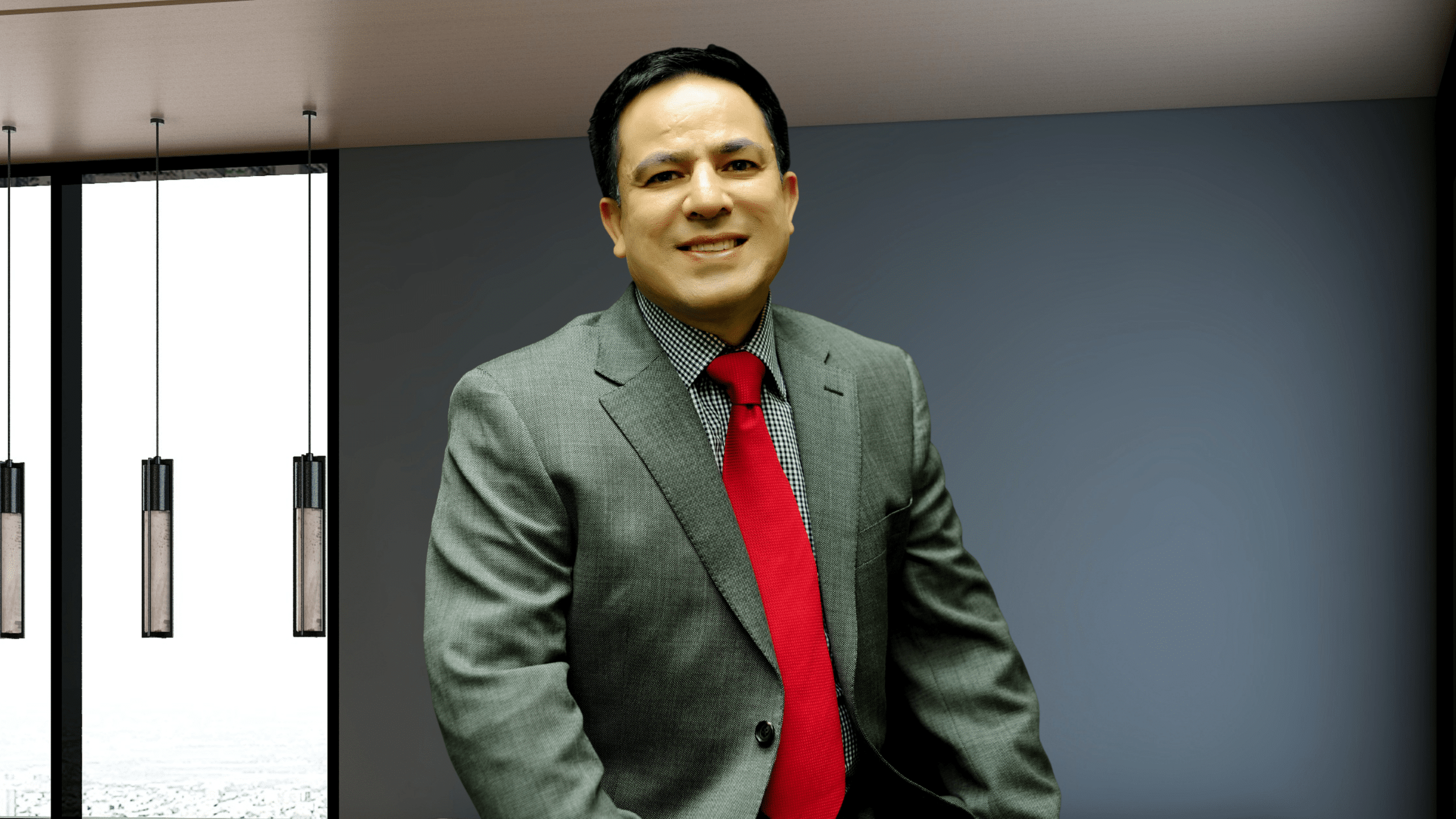- Time organization is one of the busiest mental health and substance abuse facility in Maryland operating in multiple facilities in Baltimore and AA County
- We treat across the life span- children, adults, geriatrics and also women’s mental health needs.
- We have a rich patient population from acute psychiatric diagnosis along with a heavy population with substance abuse issues especially opiates.

Clinical setting

- Outpatient
- Outpatient Substance abuse
- Intensive outpatient program for substance abuse
- Detox/Rehab
- Medication assisted opioid treatment
- Day program. /partial hospitalization
- Shelter
- Residential
About our Medical Director
- Our lead psychiatrist and medical director is Tanveer A Padder — MD, a psychiatrist, psychopharmacologist, and addiction specialist. He is a Triple boarded Psychiatrist – Diplomat of the American Board of Psychiatry and Neurology, Diplomat American Board of Addiction Medicine, and added Certification in Clinical PsychoPharmacology.
- He is a preeminent expert in psychopharmacology and has been awarded a Master Psychopharmacologist certification.
- He has received numerous awards, including:
- Voted America’s Top Psychiatrist Patient choice award, Health grades honor roll, Compassionate Doctor recognition, Top doctor award, Maryland, and many more.
- He has published extensively in national and international journals. He is currently the medical director of two mental health clinics in Maryland



Outline of the rotation Includes
- Overall rich and thorough experience in psychiatry
- Evaluation in core competency
- How to do a comprehensive psychiatric evaluation and present thecase
- Comprehensive mental status examination
- Document the cases in chart
- Recognize the common symptoms & common psychiatric diagnoses
- Coming up with the diagnosis, differential diagnosis and treatmentplan
- Collaborate as a member of an inter-professional team
- Recognizing Psychiatric emergencies
- Assess suicidal homicidal ideations
- voluntary and involuntary commitment
- Publishing article or case report
- Getting my book
- Getting better scores in psychiatry
- Recommendation letter
- Helping with exploring different options in residency
Goals and objectives of the clerkship
- Be able to use the biopsychosocial model of illness in the care of all mental health patients
- Become competent in basic psychiatric skills of interviewing and psychiatric differential diagnosis
- To develop basic psychiatric skills and a fund of knowledge that provides the tools necessary to detect and manage common mental disorders
- Can identify and initiate, appropriate medical/psychiatric interventions for the major psychiatric illnesses in different settings.
- Develop broad areas of skills include interviewing techniques, including history-taking and mental status examination of psychiatric symptoms and signs
- Development of psychiatric differential diagnoses and a biopsychosocial formulation of patients’ psychiatric illness
- Formulation of psychiatric treatment options, including pharmacotherapy and psychotherapy.
- Diagnoses a patient based on the clinical history and other information by the methodology of the multi-axial format of DSM 5
- Develop understanding of psychiatric emergency screening and evaluation* (including suicide and homicide assessment)
- Develop awareness of psychotherapy (including basic types, indications, case formulation, developmental issues, and indications)
- Develop an understanding of uses of other evidence-basedd biological treatments (ECT, Vagal Nerve Stimulation)
- Develop awareness of issues related to psychiatric practice (patient referral, levels of care, managed care, stigma, and forensic issues)
- Students should be able to write patient data and review pertinent laboratory and other diagnostic findings in the usual medical a. format.
- Students should be able to write a bio-psycho-social formulation and a broad multi-axial differential diagnosis.
- Students should be able to write a treatment plan for the patient, including plans for further evaluation to test various diagnostic possibilities.
- Students should be able to write progress notes reflecting pertinent changes in their patient in the patient’s chart.
- Know the major DSM-5 signs and symptoms for the major psychiatric disorders
- Students recognize medico-legal implications of involuntary hospitalizations, obtaining informed consent in a patient with a psychiatric disorder, and confidentiality issues.
Learn indications, mechanism of psychiatric medications:

- Antipsychotics
- Antidepressants
- Anti-anxiety medications
- Benzodiazepines
- Mood stabilizers
- Medications for Substance Abuse
- Ectroconvulsive Therapy, TMS, VNS, etc
- Child psychopharmacology
- Common anti-psychotics
- Common antidepressants
- Common Mood stabilizers
- Common Psychiatric Medications
- Z drugs for sleep
- Pregnancy and Psychotropic Medications
- Treatment of substance abuse
- Use and abuse Benzodiazepines
Get exposure to most common psychiatric disorders
ADHD- all you need to know
Alcohol related disorders
Anxiety and Panic Disorders
Bipolar and related disorder
Cannabis abuse disorders
Clinical Interview/assessment
Common Psychiatric Disorders
Common psychiatric screening tests
Communicate with pts families
Cultural issues in psychiatry
Different forms of psychotherapy
ECT and other modalities
Geriatric psychiatry
Informed consent and confidentiality
Legal and ethical issues
Suicide/homicide - Prevention and more
Use and abuse Benzodiazepines

Child psychopharmacology
Cultural issues in psychiatry
Women's Psychiatric Disorders
Must know DSM 5 Changes

Opioid Dependence
Personality disorders
Post Traumatic Stress Disorder
Pregnancy and Psychotropic Medications
Psychiatric Emergencies
PTSD
Schizophrenia & other Psychotic Disorders
Sleep disorders
Substance abuse and addiction
Prescription drug abuse
Suicide and violence-related topic
Mental status examination
Suicide and violence-related topic
